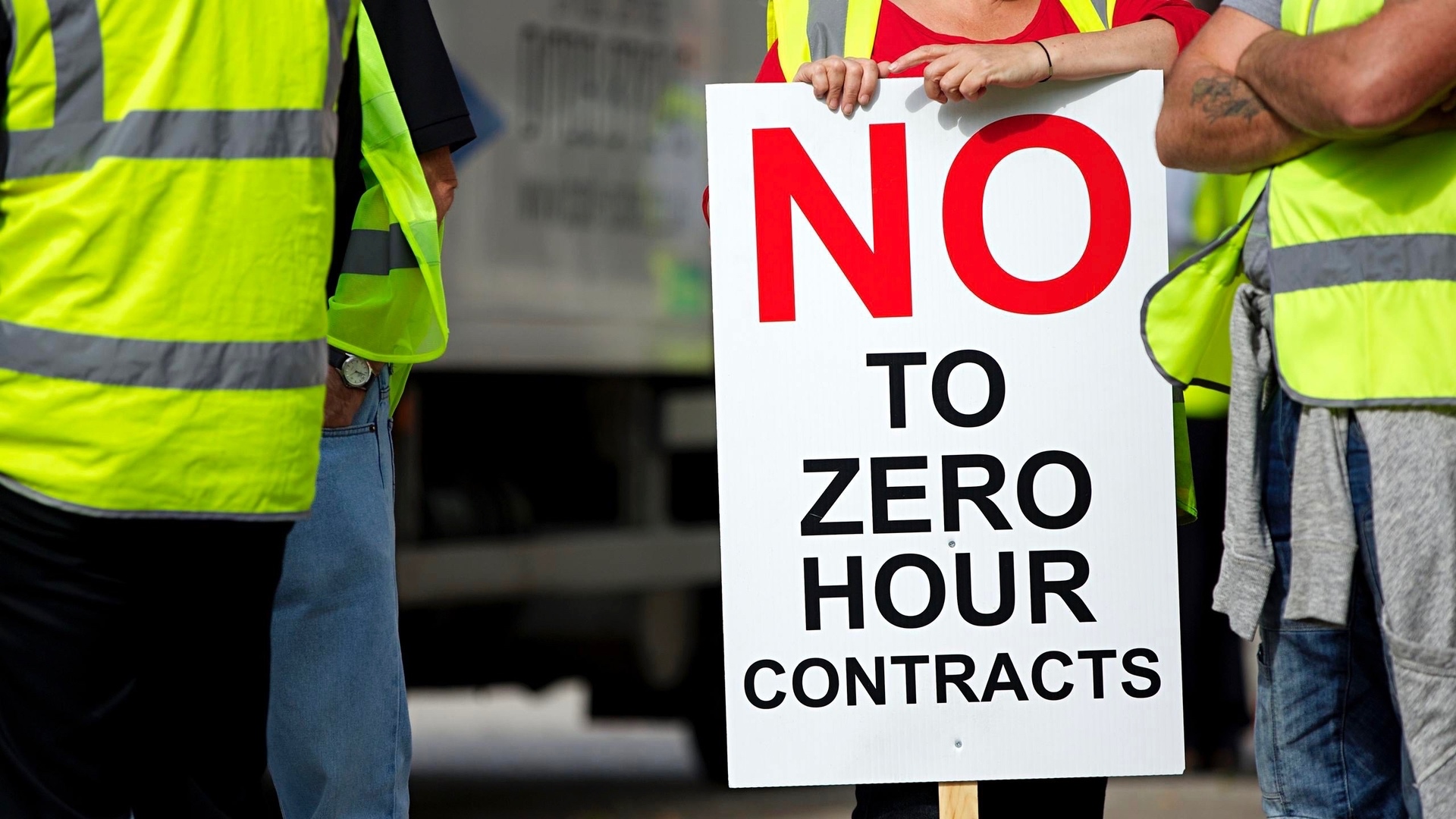Zero-hour contracts have been criticised as a source of great insecurity among the lowest paid – condemned by the Labour party, trade unions and workers’ campaign groups.
Yet the latest figures from the Office of National Statistics (ONS) show a growing number of businesses may now be dropping the “flexible” arrangement.
The number of contracts that fail to guarantee employees a certain number of hours fell from 1.7 million to 1.4 million.
ONS figures from earlier in the year show 883,000 claiming to be on the infamous contracts, a decline from 903,000 the year before.
Experts say employees do not always know if they are on a zero-hour contract if they have been lucky enough to get regular hours.
It seems possible that the trend towards this type of work has begun to unwind
The share of businesses reporting use of these contracts fell to 6%, a clear downturn from 11% of businesses who said they had adopted the practise back in 2015.





